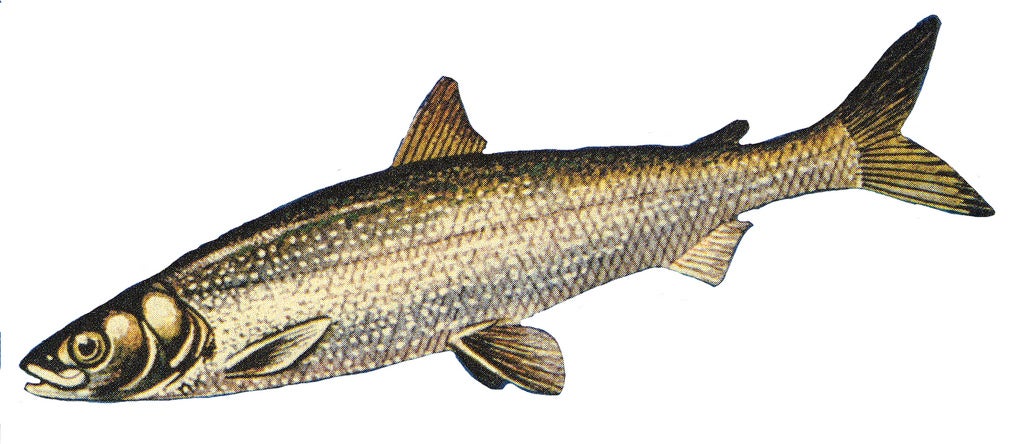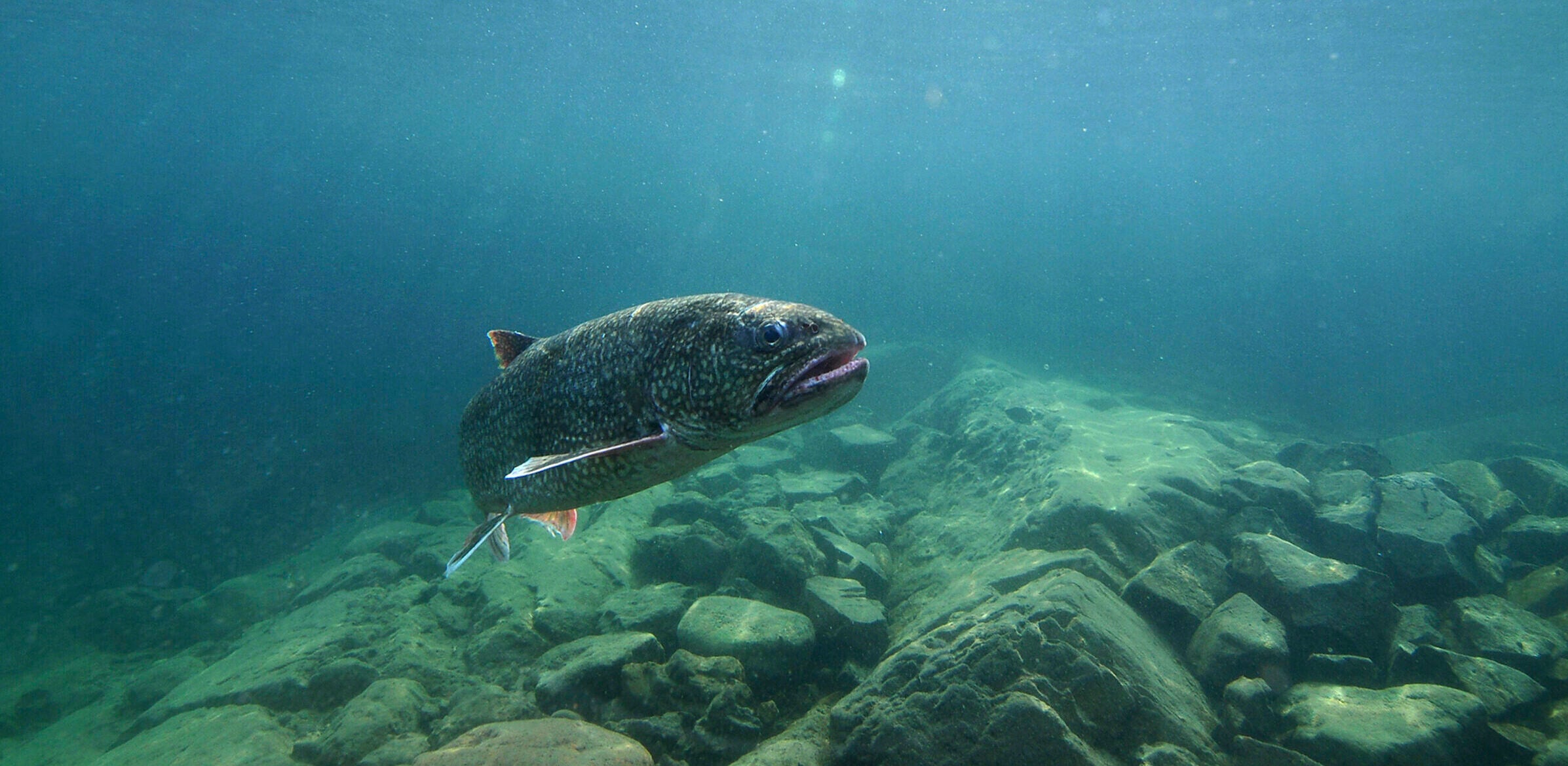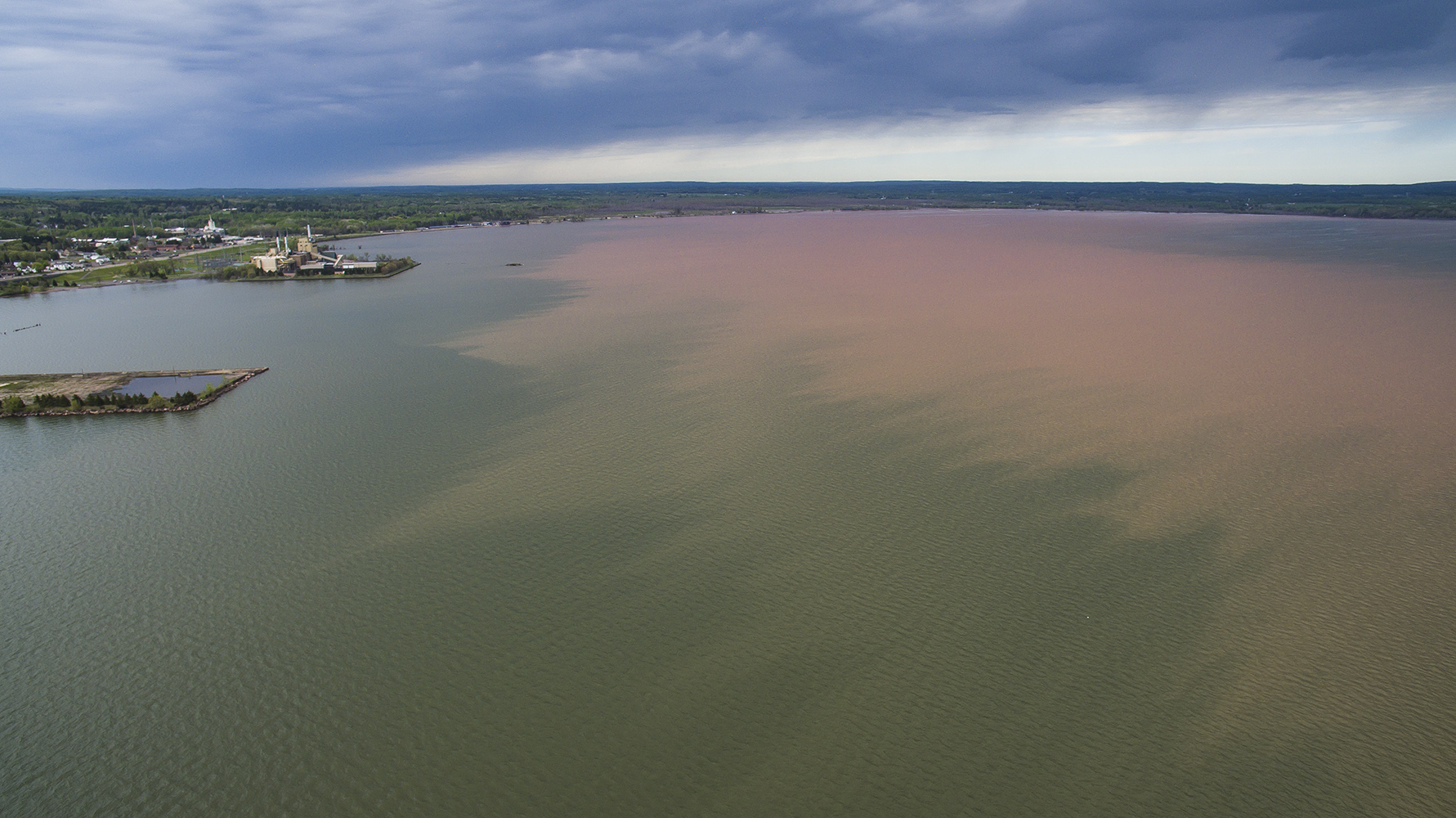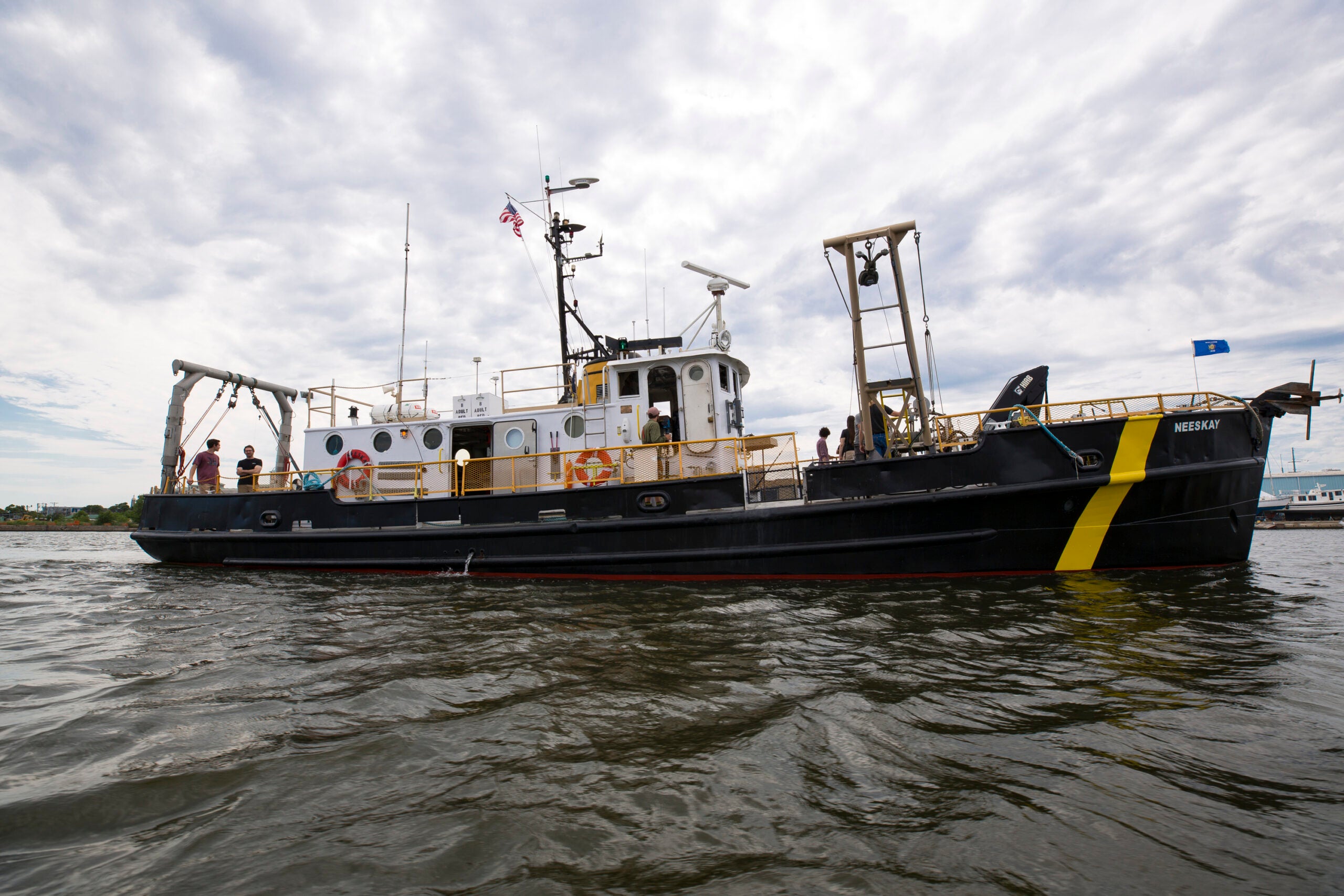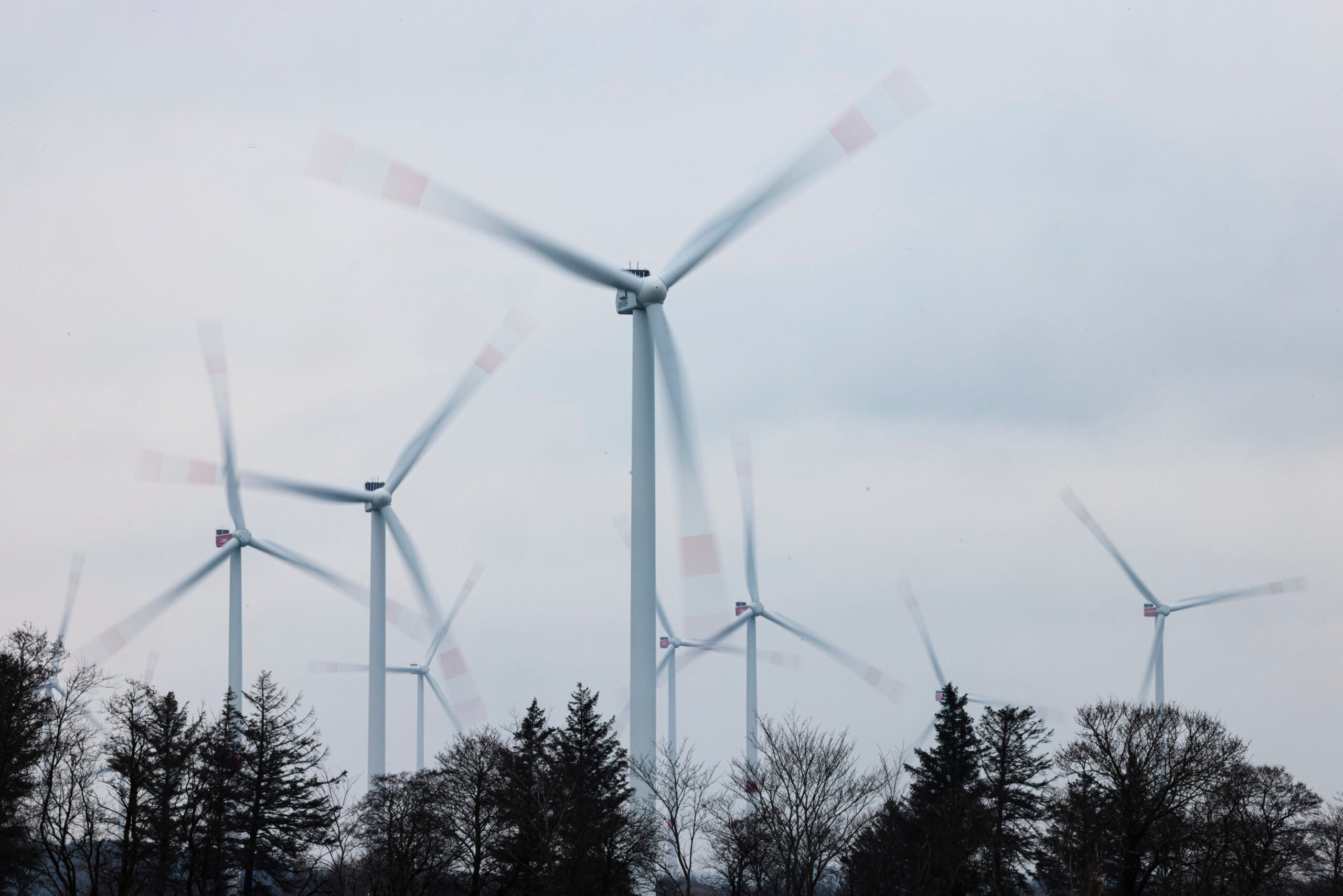Six hundred scientists, lake managers and citizens turned out this weekend for the annual Wisconsin Lakes Partnership Convention in Stevens Point. Concerns about climate change were a common theme at the event.
John Lyons, fisheries research supervisor for the state Department of Natural Resources, conducted a workshop on the effects of climate change on Cisco, a whitefish that can only survive in cold, oxygen-rich water.
“If we have sort of the maximum amount of warming that’s being projected, we’ll lose on the order of 70 percent of our Cisco lakes by mid-century,” he said.
Stay informed on the latest news
Sign up for WPR’s email newsletter.
If Cisco disappear from 70 percent of the lakes they inhabit, Lyons wonders what will happen to the trophy-size walleyes and muskies that eat them.
“We think it will potentially limit the large size, the availability of the real trophy fish,” he said. “They’ll max out at a much smaller size than most trophy anglers are looking for.”
John Lyons says we need more research to determine how the warming climate and the disappearing Cisco will affect Wisconsin’s game fish. But Mary Platner, a homeowner on Moon Lake in Vilas County, says she’s already seen enough.
“We have lost 20 feet of shoreline on Moon Lake in the 20 years we have lived there,” she said.
Platner says climate change is affecting water levels at lakes all across the northwoods.
“Big St. Germaine, they had to look at 40 feet of mud in order to get their boats out in the lake and they couldn’t. So we’ve had resorts failing,” Platner said. “We’ve got disappointed homeowners. Climate change is really, really affecting us.”
The Wisconsin Lakes Partnership Convention is now in its 36th year. The mingling of scientists and citizens is organized by UW-Extension, the DNR, and Wisconsin Lakes, a nonprofit organization.
Wisconsin Public Radio, © Copyright 2024, Board of Regents of the University of Wisconsin System and Wisconsin Educational Communications Board.

